10 ways to increase your employability at Queen's
When it comes to securing a graduate job, Queen's work-based learning programs can give you the edge.

The graduate job market is getting more and more competitive where it gets harder and harder to get a job. This is why it is very important to build up your employability while you are in university. In this blog, I will be sharing a few tips and ways to increase your employability.
1. Start building up your CV as early as possible
The thought of having to write your CV can be intimidating for students who have just started university – I’ve been there so I totally understand how it feels.
However, you need to remember that your CV takes time to build up, which means, your CV will not look great when you just started writing it. The way to build your CV up is to accumulate work experience. My advice is to start getting work experience as early as possible – I started working part-time when I was in my first year of university.
Queen’s careers service (based in the Student Centre) offers CV checks for students wanting their CV to be reviewed. All you need to bring to your appointment is a printed copy of your CV. Also, ask your friends and family to look at your CV and perhaps they might be able to provide you with advice on how to improve your CV.
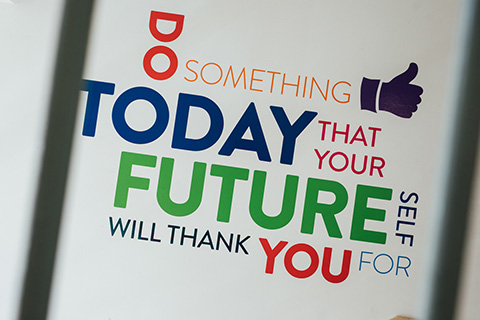
2. Go for any work experiences
If you are a first year, it is not necessary to get work experience that directly aligns with your career goals. It can be difficult to imagine yourself working in a bar when you are an engineering student. However, every experience counts. You will learn something from it, regardless, and it is better than no experience at all!
Before I started university, I helped out in my mother’s shop for a few months. From that I learned how to be very careful while stock-taking and to take one task at a time. I learned how to pick up new skills quickly which I now find very useful in the latter stages of my law degree.

3. Volunteer
Some students disregard volunteering opportunities and think that it is meaningless to work for free. However, volunteering is a good opportunity to earn valuable work experience even though you are not being paid. HR managers are also likely to hire candidates who have done volunteering because it demonstrates that the candidate is willing to commit their time to the job, regardless of the pay.
Before I got my first part-time job, I volunteered in a charity shop. From that particular opportunity I learned how to pick up new skills quickly and to be flexible in taking on tasks according to the situation.
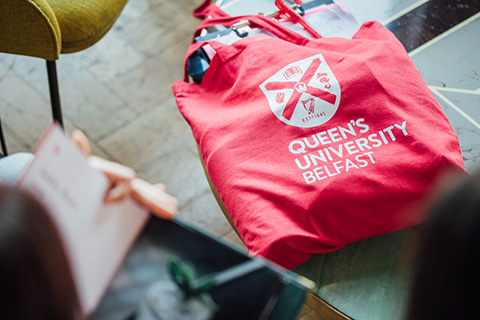
4. Sign up for careers directories
There are various careers directories online that provides information for job-hunting and inform you of job and internship opportunities. The Queen’s careers page is packed with careers information for all courses plus many useful tips to increase your employability whilst at university. The page will also pinpoint you to various online sources which will provide more specific information regarding the careers prospects of your degree.
Part-time jobs on campus are advertised in the MyFuture website. There is also a website dedicated to international students studying in the UK called the Students Circus which is linked in the MyFuture website.

Here are a few more online careers sources that I find useful:
Rate My Placement This is very useful for students looking for internships or placements during their studies. Students can browse the various internships or placements opportunities listed in the website.
The Times Top 100 Graduate Employers To use the website, students must sign up for it free-of-charge. After signing up, they will be able to access information regarding the Top 100 companies. Any graduate jobs or internships opportunities will be listed in the website as well as application deadlines. A copy of the Top 100 book is also available for free in the Student Centre.
Prospects. I personally find this website very useful for students looking for graduate jobs, internships or work experiences. They also provide excellent careers advice on writing a CV and cover letter as well as tips to ace your application. They also provide information on how to build up your work experience during your studies so it is worth spending your time reading them.
Student Circus This is a website dedicated to international students and graduates looking for job opportunities in the UK.
5. Speak to a careers advisor
The Queen’s careers service offers one-to-one careers consultation. Every session lasts for 30 minutes. Students who are uncertain about their future career relating to their course can speak to an advisor to get a clearer direction. For students who know what they want from their future career, it is useful to go for a careers consultation because the advisor will be able to signpost you as to what should you aim to do during your degree to build up the skills required for your career as well as useful online resources you can look up.
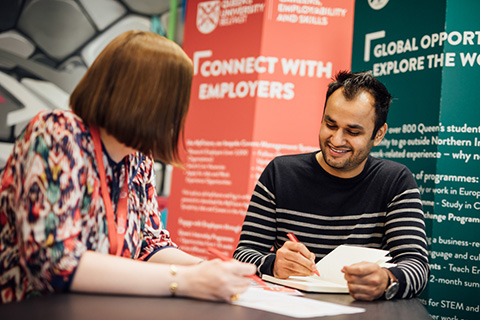
6. Look for work experience within your degree
Ideally, you should be applying for internships or work placements during your penultimate year of your degree. This work experience give you a good insight into what you will be doing for your future career. This is even important if your degree does not include a year-long industrial placement.
However, internships can be very tough to get because companies usually offer less places for internships compared to a graduate job. My advice is to apply as early as you can and do not get discouraged if your application is being rejected.
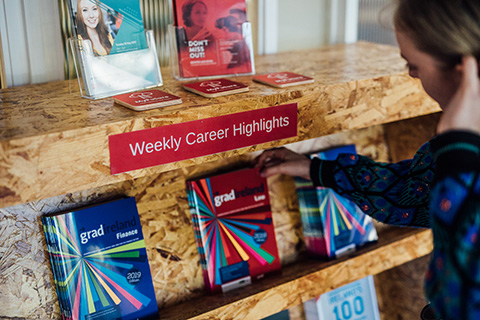
7. Observe!
Students sometimes complain that they are not given real work during their internships and they think it’s not worth spending the time on an internship. My advice is that even if you are not given real work during your internship, you can still learn something from your internship experience by simply observing your surroundings.
Find out what the company does, how they make money, how they run their business – is their business running well at the moment or they are struggling to find clients? Having answers to all these questions will make you understand the company better which will be useful for your future job applications.
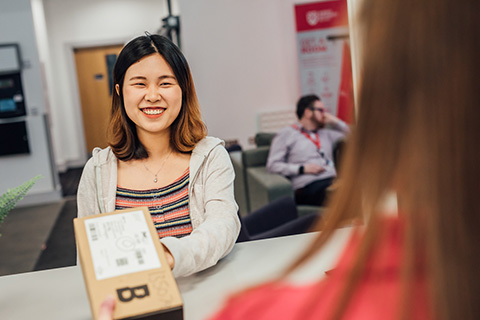
8. Make the most out of your work experiences/internships
When you are in your internship, keep an internship journal and note down what have you done during the internship period – even if you did something as simple as data entry, you should write it down as well. You don’t need to put everything you have written in your CV; you should include very condensed information in your CV regarding each of your work experience placements. However, the information that you have taken down in your internship journal will be very useful for your future job applications and interviews, especially when you are asked to elaborate what have you done during your internship.

9. Practice your interview technique
It is unlikely you’ll be naturally excellent in interviews. It is the same as learning a new skill – it takes lots of practice to perform well. Therefore, going to as many interviews as you can enables you to build up your experience, which will help you improve. Interviews can be very intimidating, but the more interviews you go to, the better you will be.
I get very nervous before interviews and my brain tends to go blank, despite how much I have prepared. Sometimes I will forget the answers to a particular question. My advice is: Do not rush. If you need to pause for a few seconds to think, please do so. Also, do not be afraid to speak slowly during interviews – it might be easier for your interviewer to take notes if you are speaking in a slower pace.
Do not be discouraged when you have failed an interview. Instead, politely ask for the interview panel to provide feedback for your interview so that you know how you can improve your performance in the future. You will do better with experience, I promise!
The Queen’s career service offers face-to-face mock interviews which is a good opportunity for students who wants to practice their interview before going to an actual one. There are also lots of information about interviews that you can look up online.

10. Start writing speculative letters/emails to companies
This applies if you are looking for graduate jobs, internships or work placements. A speculative letter is written when the company does not advertise any job openings or the role you are looking for. Some companies might have vacancies but they do not advertise it. This is when a speculative letter becomes important in your job search.
When I was looking for internships during my second year, I sent speculative emails to various law firms in my hometown, Penang, before securing an internship with a civil law firm. I am glad that I chose to be proactive while looking for internships.
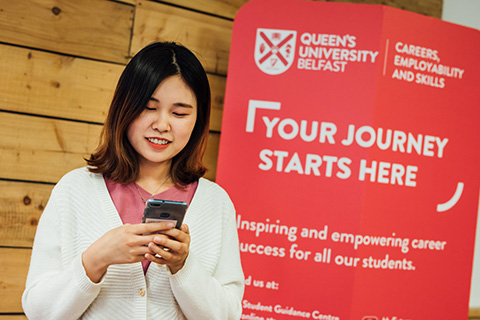
Discover Careers and Employability opportunities at Queen’s
